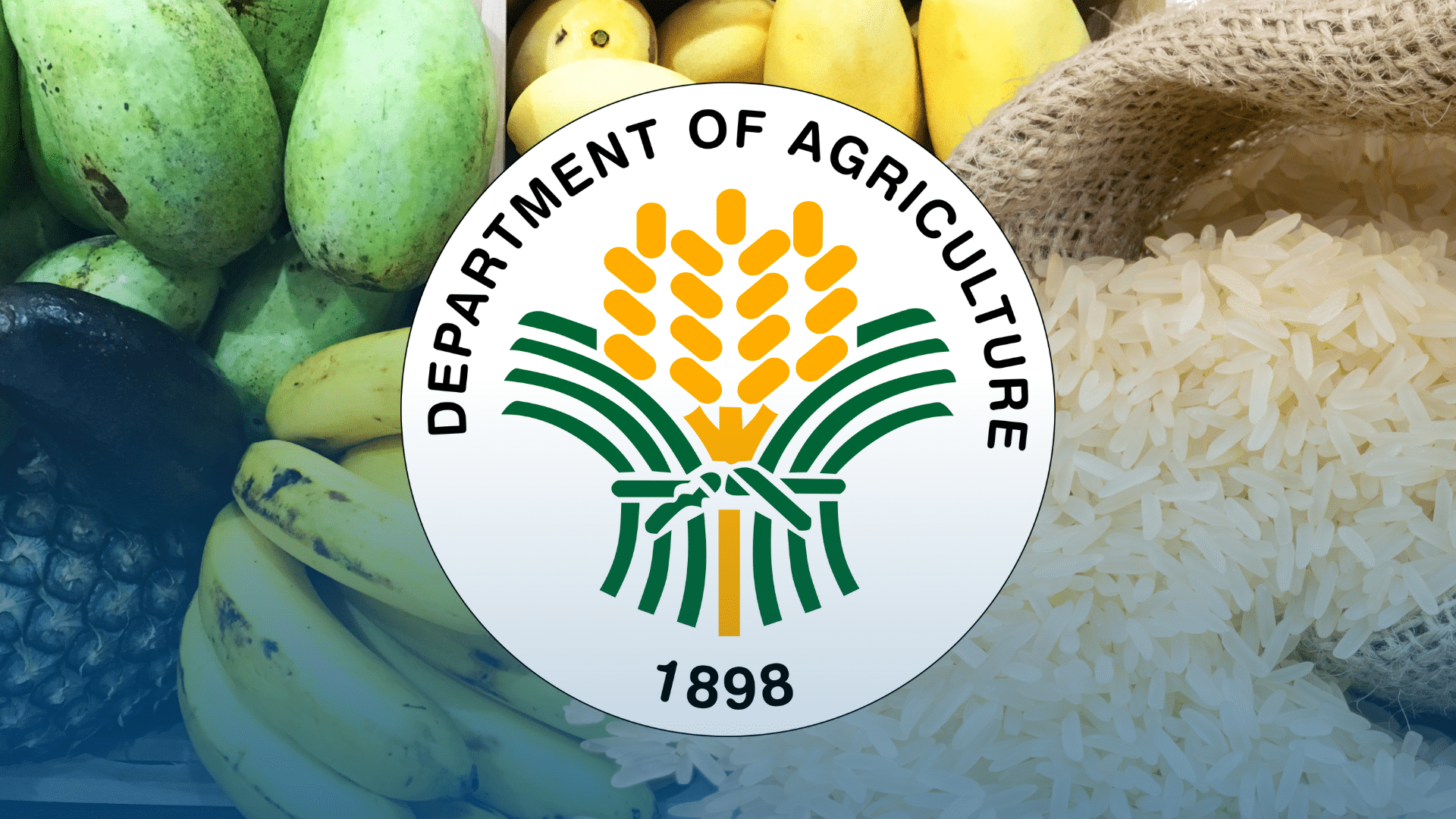
THE Department of Agriculture (DA) and the Food and Drug Administration (FDA) will collaborate to stop food smugglers exploiting a legal loophole where the DA cannot inspect shipments of processed products.
Agriculture Secretary Francisco Tiu Laurel Jr. said that smugglers were intentionally misclassifying imported food as processed products to evade DA inspections. Processed foods fall under the FDA's jurisdiction.
To end the practice, Tiu Laurel and FDA Director General Samuel Zacate agreed to a plan where the FDA would "deputize" operatives from the DA's Inspectorate and Enforcement Office to enforce food safety regulations.
"If implemented, this partnership will significantly enhance efforts to combat agricultural food smuggling," Tiu Laurel said in a statement on Friday.
A formal memorandum of agreement is yet to be signed by the two agencies.
The agriculture chief earlier announced plans to blacklist importers engaging in smuggling activities. Tiu Laurel claimed that the importers included a rice trader, a sugar importer and two fish dealers.
He also cited a recent case involving a rice importer who attempted to unload an entire shipment despite declaring only a fraction of the original volume in import documents. Investigations are ongoing to gather sufficient evidence against these entities, the DA said.
Tiu Laurel said that blacklisting would provide a swift means of penalizing illegal traders compared to the lengthy process of pursuing criminal cases in court.
"Criminal cases require a level of proof to show culpability beyond reasonable doubt while administrative cases only require substantial or relevant proof to support a reasonable conclusion," the DA said.
To prevent such illegal practices, the department now requires importers to declare all Sanitary/Phytosanitary Import Clearances for each shipment and send these to both the DA and the Bureau of Customs within 24 hours of departing from the port of origin.
The measure aims to promote transparency and ensure compliance to import regulations.
"While we continue to plug existing loopholes and fortify our regulatory framework, legislative support is crucial to sustain these efforts in the long term," Tiu Laurel said.
Read The Rest at :



